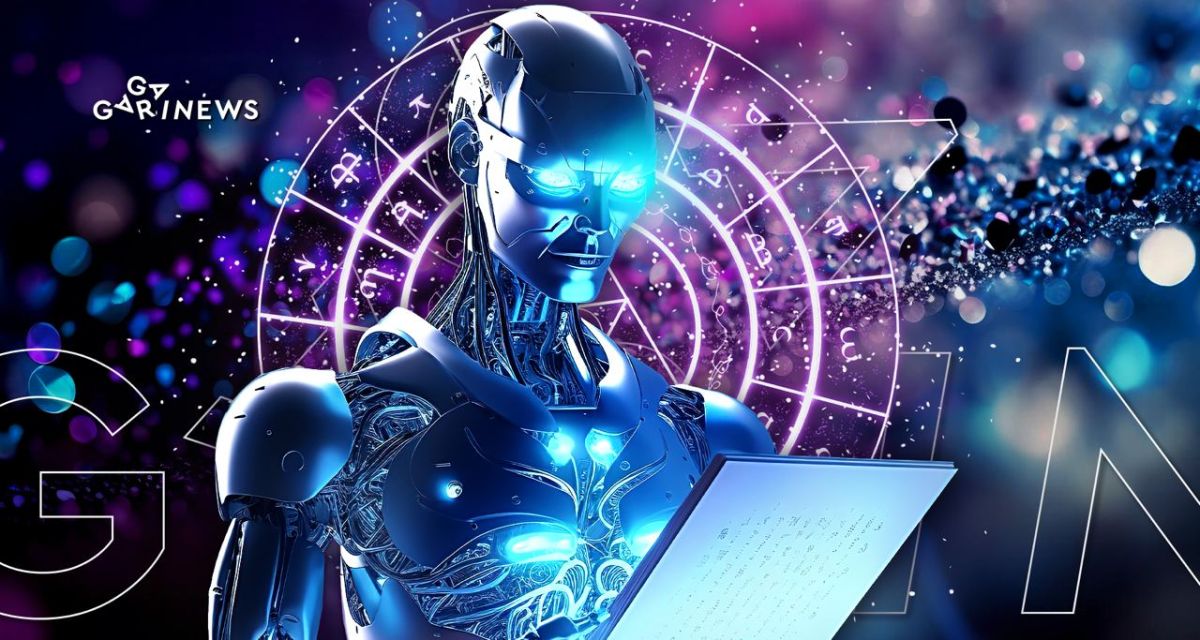AI Translates Ancient Texts in The Blink of an Eye

AI translations are getting more and more sophisticated. And they’re good too.
On this page
AI is now helping translate ancient texts, and it does so in the blink of an eye.
This includes ancient Akkadian, the early Semitic language, which is a fully extinct language with no daughter languages having any of its legacy.
But that doesn’t mean we don’t understand it, as it is one of the best-attested languages from the ancient world and widely available too.
In order to save time on translating it, a multidisciplinary team of archaeologists and computer scientists has developed an AI tool that can do so almost instantly and unlock the historical record preserved in these 5,000-year-old tablets.
The team used a sample of cuneiform texts from the Open Richly Annotated Cuneiform Corpus. It created two methods to teach it translations. At first, the AI model learned to translate Akkadian from transliterations of the original texts and cuneiform symbols directly. It also translated Unicode glyphs of Cuneiform texts generated by another time-saving tool that automatically produces Unicode from an image of an original tablet.
After this, the AI model had to learn how to differentiate, for example, between literary works and administrative letters. As well as deal with the changes found in Cuneiform script over the millennia it was used. The bilingual evaluation understudy 4 (BLEU4), an algorithm for appraising machine-translated text, was used to test the AI model.
As a result, the model was able to reproduce the nuances of each test sentence’s genre.
“In almost every instance, whether the [translation] is proper or not, the genre is recognizable,” the team reports, adding, “A promising future scenario would have the [model] show the user a list of sources on which they based their translations, which would also be particularly useful for scholarly purposes.”
The team published their results in the peer-reviewed PNAS Nexus.
Previously, GNcrypto told the story of India's Artificial Intelligence assisting the poor.
The content on The Coinomist is for informational purposes only and should not be interpreted as financial advice. While we strive to provide accurate and up-to-date information, we do not guarantee the accuracy, completeness, or reliability of any content. Neither we accept liability for any errors or omissions in the information provided or for any financial losses incurred as a result of relying on this information. Actions based on this content are at your own risk. Always do your own research and consult a professional. See our Terms, Privacy Policy, and Disclaimers for more details.


























